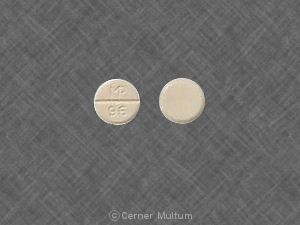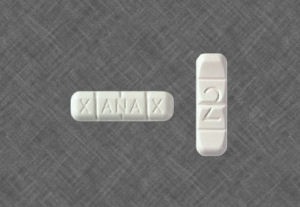Diazepam 10mg
Price range: £245.00 through £996.00
Diazepam, often known by the brand name Valium, is a benzodiazepine medication. It is used to treat a variety of conditions, including anxiety, muscle spasms, seizures (like epilepsy), and symptoms of alcohol withdrawal.
Description
How it Works: Diazepam primarily works by enhancing the effects of a neurotransmitter in the brain called gamma-aminobutyric acid (GABA). GABA is the main inhibitory neurotransmitter in the central nervous system, meaning it reduces brain activity. By increasing GABA’s effects, diazepam slows down nerve impulses, leading to its calming, sedative, muscle-relaxant, and anticonvulsant properties.
Common Uses:
- Anxiety Disorders: It’s frequently prescribed for the short-term relief of severe anxiety symptoms.
- Insomnia: It can be used to treat sleep disturbances, especially when linked to anxiety.
- Muscle Spasms: It helps relax tense muscles and alleviate spasms caused by various conditions (e.g., injuries, cerebral palsy).
- Seizures: It’s an effective medication for controlling acute seizures (e.g., status epilepticus) and as an add-on treatment for certain seizure disorders.
- Alcohol Withdrawal: It’s crucial in managing the symptoms of acute alcohol withdrawal, such as tremors, agitation, and delirium tremens, helping to prevent more severe complications like seizures.
- Pre-operative Sedation: It’s often given to patients to help them relax and reduce anxiety before surgical or dental procedures.
Forms of Administration: Diazepam is available in various forms, including:
- Tablets (oral)
- Liquid solution (oral)
- Rectal gel (for acute seizures, especially in children)
- Injection (intravenous or intramuscular, typically in hospital settings for acute conditions)
Important Considerations and Side Effects:
- Drowsiness and Sedation: This is the most common side effect. It can impair judgment and coordination, making it unsafe to drive or operate machinery.
- Dependence and Withdrawal: Like other benzodiazepines, long-term use of diazepam can lead to physical and psychological dependence. Abruptly stopping the medication after prolonged use can result in withdrawal symptoms, which can range from anxiety and insomnia to more severe effects like seizures. Tapering off the medication gradually under medical supervision is usually necessary.
- Tolerance: Over time, the body can become tolerant to the effects of diazepam, meaning higher doses may be needed to achieve the same effect.
- Interactions: Diazepam can have dangerous interactions with other central nervous system depressants, especially alcohol and opioids, significantly increasing the risk of severe respiratory depression, coma, and even death. It also interacts with other medications, so it’s vital to inform your doctor about all drugs you are taking.
- Paradoxical Effects: In some individuals, particularly children and the elderly, benzodiazepines can cause paradoxical reactions, such as increased agitation, anxiety, aggression, or hyperactivity.
- Memory Impairment: It can cause anterograde amnesia, meaning difficulty forming new memories while under its influence.
- Prescription Only: Diazepam is a controlled substance and is only available with a prescription from a qualified healthcare provider. Misuse or unprescribed use is illegal and dangerous.
Additional information
| Tabets | 30, 60, 90, 180, 360 |
|---|






Reviews
There are no reviews yet.